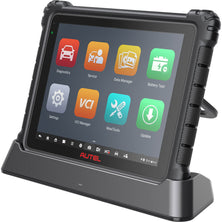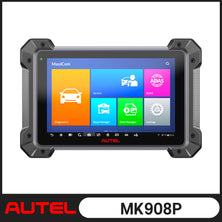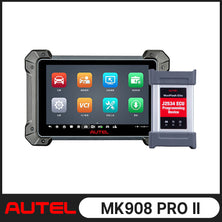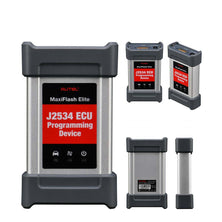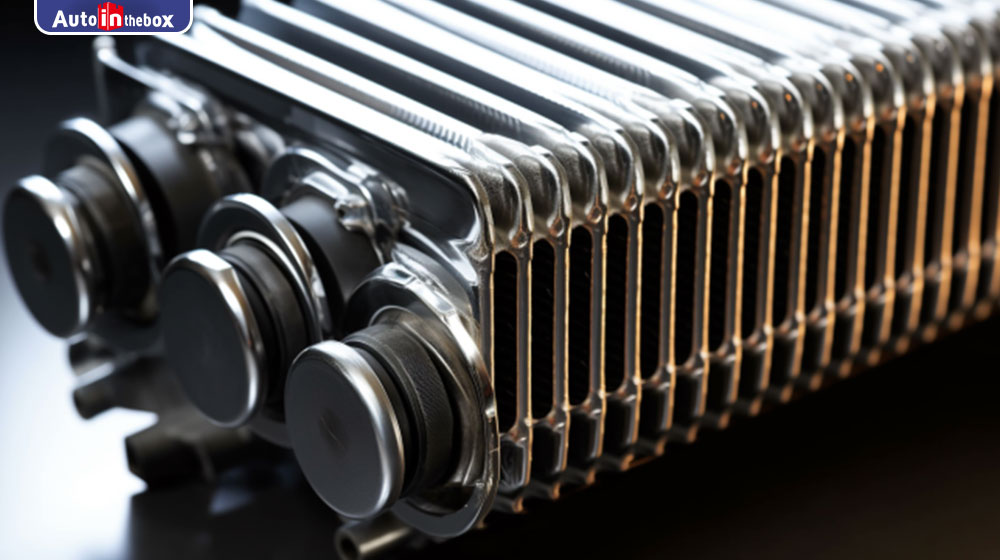
Why does my car radiator have noise?
Car radiators can make noise due to various reasons. Some common causes include air bubbles in the cooling system, loose or damaged radiator fans, thermostat issues, problems with the water pump, debris or blockage in the radiator, and damaged radiator fins. It is advisable to have a professional mechanic inspect the radiator to determine the exact cause of the noise and recommend appropriate repairs.
Recommended 2023 top car diagnostic tool: Autel MK908PRO II,Autel Elite II,Autel Ultra lite,Launch Pro5,Launch pros V
There can be several reasons why your car radiator is making noise:
- Air bubbles: Air trapped in the cooling system can create gurgling or bubbling noises as coolant flows through the radiator. This can occur due to a coolant leak or improper system bleeding.
- Fan issues: Loose, damaged, or misaligned radiator fans can produce rattling or grinding noises. The fans draw air through the radiator to cool the coolant.
- Thermostat problems: A malfunctioning thermostat can disrupt proper coolant circulation, leading to overheating and noise. This could be caused by a faulty thermostat valve or a problem with the temperature sensor.
- Water pump malfunction: A worn-out or faulty bearing can result in squeaking or grinding noises. The water pump circulates the coolant throughout the engine and radiator.
- Debris or blockage: Leaves, dirt, or other debris can accumulate in the radiator fins, obstructing airflow and causing noise. Additionally, a blockage in the cooling system can disrupt the coolant flow and lead to unusual sounds.
- Damaged radiator fins: Bent or damaged radiator fins can create rattling or whistling noises as air passes through them. These fins help dissipate heat from the coolant.
It is recommended to have a professional mechanic diagnose the specific cause of the noise in your car radiator. They can identify the underlying issue and provide the necessary repairs or replacements to resolve the problem.
When a car radiator has noise, it can indicate potential problems and pose certain risks. Here are some hazards associated with a noisy car radiator:
- Cooling system inefficiency: Noise from the radiator may indicate issues like air bubbles, blockages, or damaged components. These problems can hinder the proper functioning of the cooling system, leading to reduced cooling efficiency. Inadequate cooling can result in engine overheating and potential damage to engine components.
- Engine damage: If the radiator fan is loose or damaged, it may fail to cool the coolant effectively. This can lead to elevated engine temperatures, potentially causing engine damage such as warped cylinder heads, blown gaskets, or even complete engine failure.
- Fluid leaks: Some radiator noises could be caused by coolant leaks. Leaking coolant can lead to a loss of fluid, resulting in decreased cooling performance and engine overheating. Moreover, coolant leaks can cause environmental contamination and risk the engine's overall health.
- Safety hazards: In extreme cases, a malfunctioning radiator can lead to catastrophic engine failure or even fires. Overheating can cause severe damage to vital engine components, compromising the vehicle's safety and leaving you stranded on the road.
- Increased repair costs: Ignoring or delaying the necessary repairs for a noisy radiator can exacerbate the underlying issues. Over time, this can lead to more extensive damage and more expensive repairs or part replacements.
To mitigate these hazards, it's crucial to address any noise issues promptly and have the radiator inspected and repaired by a qualified mechanic. Regular cooling system maintenance and inspections can prevent potential problems and ensure your vehicle's safe and efficient operation.
To prevent noise issues with your car radiator, you can take the following preventive measures:
- Regular maintenance: Schedule routine maintenance for your vehicle, including regular cooling system checks. This can help identify any potential issues before they escalate into significant problems.
- Coolant level and quality: Ensure that the coolant level is maintained at the recommended level and that it is of the correct type specified by the manufacturer. Regularly inspect the coolant for any signs of contamination or degradation and replace it as needed.
- Bleed the cooling system: Properly bleed the cooling system after coolant changes or repairs to remove any trapped air bubbles. This will help prevent airlock-related noise issues.
- Keep the radiator clean: Regularly inspect and clean the radiator and its surrounding area to remove any debris, leaves, or dirt that can obstruct airflow. This will help maintain proper cooling performance and prevent potential noise problems.
- Check fan operation:Periodically inspect the radiator fan for any signs of damage or misalignment.
- Ensure the fan functions correctly, spinning freely and engaging at the appropriate temperature.
- Replace or repair any faulty components as needed.
- Address leaks promptly: If you notice any coolant leaks, address them promptly to prevent fluid loss and potential overheating. Have the leaks repaired by a professional mechanic to ensure proper sealing and avoid noise issues.
- Follow manufacturer guidelines: Adhere to the vehicle manufacturer's recommended maintenance schedule and procedures for the cooling system. This includes replacing components such as the water pump, thermostat, and radiator per the recommended intervals.
By following these preventive measures, you can minimize the risk of noise issues in your car radiator and ensure its optimal performance and longevity.
To repair a car radiator that is making noise, you can consider the following steps:
- Identify the cause: Determine the specific source of the noise by inspecting the radiator, fan, water pump, and other relevant components. Look for signs of damage, misalignment, or blockages causing the noise.
- Coolant system inspection: Check for any coolant leaks, air bubbles, or blockages within the cooling system. Address any leaks promptly and ensure proper coolant circulation.
- Radiator fan repair: If the noise comes from the radiator fan, inspect it for loose or damaged blades. Tighten any flexible components or replace the fan if necessary.
- Thermostat replacement: If the noise is due to a faulty thermostat, consider replacing it with a new one. Ensure proper installation and calibration to maintain a proper coolant flow.
- Water pump repair or replacement: If the pump is causing the noise, it may need to be repaired or replaced. Consult a professional mechanic to diagnose the issue and perform the necessary repairs.
- Cleaning the radiator: If debris or blockages are causing the noise, clean the radiator thoroughly. Use a soft brush or compressed air to remove dirt, leaves, or obstructions from the radiator fins.
- Bent fin straightening: If damaged radiator fins cause noise, use a fin comb or a gentle hand to straighten them. This will help restore proper airflow and reduce noise.
- Professional assistance: If you need clarification on the cause of the noise or the repairs seem complex, it's advisable to seek professional help. A qualified mechanic can accurately diagnose the issue and perform the necessary repairs or replacements.
Remember, it's essential to address the underlying cause of the noise to prevent further damage and ensure the proper functioning of your car's cooling system.
The cost of repairing a car radiator that is making noise can vary depending on several factors, including the specific cause of the noise, the extent of the damage, and the labor rates in your area. Here are some factors that can contribute to the repair cost:
- Cause of the noise: The specific issue causing the noise will determine the repair cost. For example, the price may involve tightening or replacing the fan if the noise is due to a loose or damaged radiator fan. The fee may include component replacement related to a faulty water pump, thermostat, or radiator.
- Replacement parts: If any components need to be replaced, such as the radiator fan, water pump, thermostat, or radiator itself, the cost will include the price of the new parts. The cost can vary depending on the make and model of your vehicle.
- Labor charges: The labor cost will depend on the complexity of the repair and the hourly rates charged by the repair shop. More extensive repairs or replacements may require more labor time, resulting in higher costs.
- Additional repairs: During the inspection, if any other issues or potential problems are identified in the cooling system, such as leaks or worn-out hoses, it's advisable to address them simultaneously. This may incur additional repair costs.
It is easier to provide an exact cost by knowing the cause of the noise and the make and model of your vehicle. It's recommended to consult with a reputable mechanic or repair shop to diagnose the issue and provide an accurate estimate of the repair cost. They can assess the specific problem, furnish an itemized breakdown of the parts and labor costs, and offer a reliable estimate based on their expertise.
Older Post
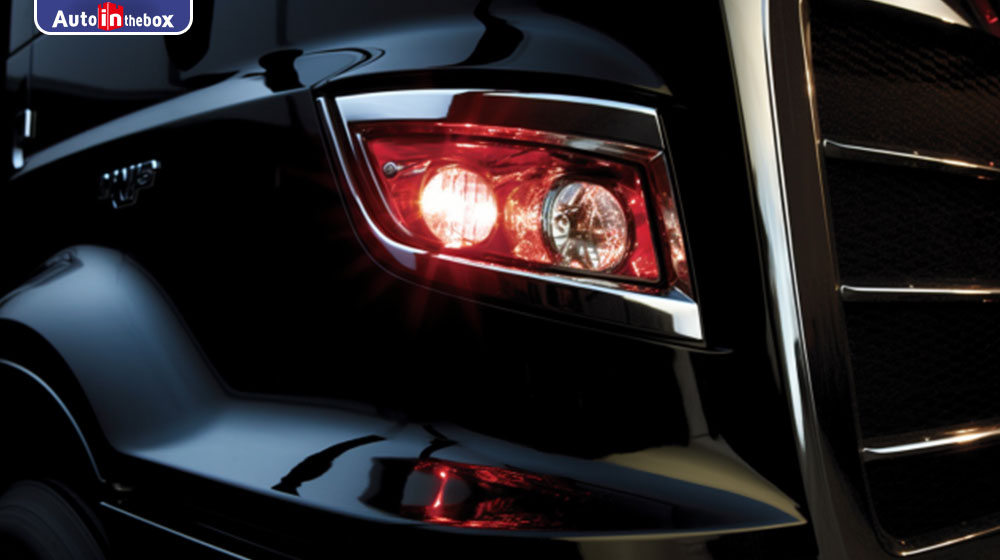 Newer Post
Newer Post
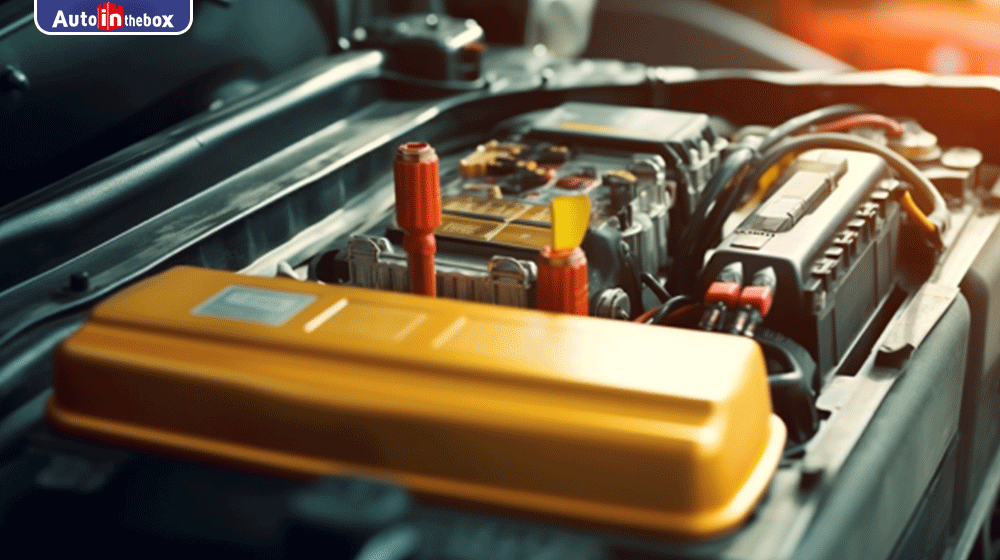
Are the Headlights or Taillights too bright or too dark?

How to Repair Car Battery Won't Charge?




